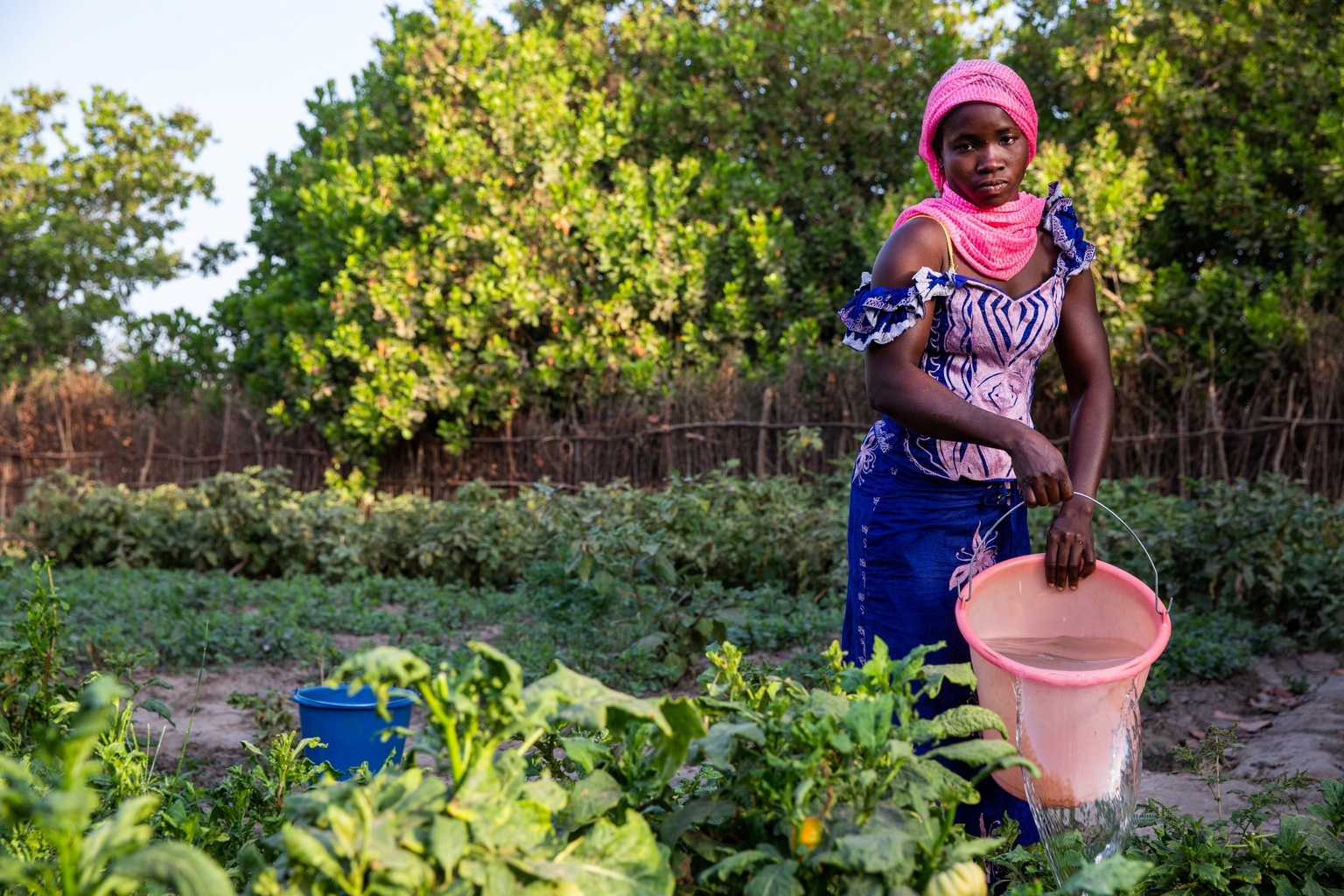News
Canada announces historic investment in the global fight against malnutrition
February 6, 2025
WP_Term Object
(
[term_id] => 136
[name] => Blog Posts
[slug] => all-blog-posts
[term_group] => 0
[term_taxonomy_id] => 136
[taxonomy] => news-category
[description] => See what’s top of mind for our technical experts as they share the latest on cutting-edge nutrition research, policy updates, and implementation guidance.
[parent] => 2025
[count] => 137
[filter] => raw
)
Defending gender equality in nutrition when responding to COVID-19
Each Technical Assistance for Nutrition project assignment now comprises a COVID-19 response plan and an updated risk register, which when relevant identify the implications of the crisis on women, girls and vulnerable groups.
Posted on May 13, 2020

The COVID-19 global pandemic is having repercussions of epic proportions. In addition to the enormous number of COVID-19 cases and deaths worldwide which stretch national health systems to their limits, confinement is leading to a world-wide economic crisis, and is rapidly exacerbating existing inequalities (lack of access to water and sanitation, food insecurity, the refugee crisis, etc.) and various forms of violence (including gender-based violence and domestic violence). The effects of this will be acutely felt by the most vulnerable and marginalized people in the lowest income countries.
Amidst this turmoil, one trend becomes apparent even to those who previously ignored it: the care economy (whether underpaid or unpaid) is fundamentally female and is the ultimate social safety net in an otherwise privatized world. Frontline and essential workers (nurses, senior home care attendants, child caregivers, grocery and pharmacy workers, etc.) are professions heavily dependent on women’s contribution. To put it simply, COVID-19 is a gendered crisis.
Nevertheless, public health policies have not been gender responsive. Sex differences in mortality and vulnerability to COVID-19, specifically those amplified by inequalities in nutrition, are under-explored and unplanned for. In developing contexts and humanitarian settings, gender effects are even starker, with scarce resources traditionally allocated to women (such as sexual health and reproductive services, most notably the role of midwives in delivering nutrition information and resources for pregnant women) are being diverted to responding to the pandemic.
Beyond health planning, programming and pandemic response, the gender dimensions of nutrition have ramifications for ongoing health research. For instance, when looking at mother to child transmission of COVID-19, factors directly related to nutritional practices, such as breastfeeding and skin-to-skin contact, need to be carefully analyzed.
In normal times, women are already heavily burdened with implementation of the global nutrition agenda, particularly at the community and household levels, largely due to traditional gender roles. Their contributions to agriculture, food manufacturing, purchasing, preparation and nutrition in addition to other care work (education, health, etc.) is well documented. Yet, women are also systematically disadvantaged in the nutrition sphere. Women (particularly when pregnant or breastfeeding), adolescent girls and the girl child have gender-specific nutritional vulnerabilities, derived both from biological factors and gender dynamics. Lack of access to nutrient-rich food, supplementation and nutrition information also contribute to this inequality which reaches unprecedented heights during a pandemic such as COVID-19.
For Nutrition International, this poses a novel challenge: how can Nutrition Technical Assistance Mechanism (NTEAM)’s portfolio of technical assistance projects follow through on commitment and action to achieve gender impact through technical assistance assignments despite the logistical barriers (e.g., delayed government activity due to confinement, travel restrictions, etc.) brought about by the crisis? We are doing so in several ways:
Adapting our Technical Assistance for Nutrition project’s strategies and focus
Each technical assistance assignment delivered through NTEAM’s Technical Assistance for Nutrition project now comprises a COVID-19 response plan and an updated risk register, which when relevant identify the implications of the crisis on women, girls and vulnerable groups, and try to address them. Furthermore, some technical assistance assignments have accelerated the pace of recruiting gender expertise to respond to emerging needs. For instance, the ongoing technical assistance “Operationalization of the second National Plan of Action for Nutrition” in Bangladesh will now engage a gender specialist to review current public expenditure on health and nutrition through a gender lens, and to identify gaps in coverage, especially for women and girls who are often de facto excluded or under-served by nutrition plans. This is a concrete opportunity to respond to food insecurity in this pandemic context. Nutrition International and technical assistance teams are also participating in the COVID-19 related national-level technical working groups that governments are establishing, which are shaping the government’s efforts to reach vulnerable groups, notably through the distribution of food baskets.
Building the gender capacity of technical assistance providers
NTEAM’s TAN project is strongly committed to and has accelerated its progress in building the capacity of technical assistance providers on gender-related competencies. On April 8th and April 17th, NTEAM, through the TAN project, held two webinars on gender-sensitive landscape analysis, participation of stakeholders, functional capacity-strengthening of SUN Focal Points, and institutional development. The events offered a unique opportunity for technical assistance providers to raise concerns and identify strategies to reach those traditionally excluded by technical assistance, especially in the COVID-19 context. We also continue to identify and share resources that intersect gender and nutrition within the new reality brought about by the pandemic.
Harvesting lessons learned and gender results to adjust our strategy
Last but not least, because of confinement and reduced mobility, COVID-19 has inadvertently offered an opportunity to take stock of the extent to which NTEAM has successfully managed to mainstream gender equality and achieve gender impact through technical assistance. This is a welcome opportunity after several years of focusing on implementation.